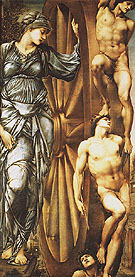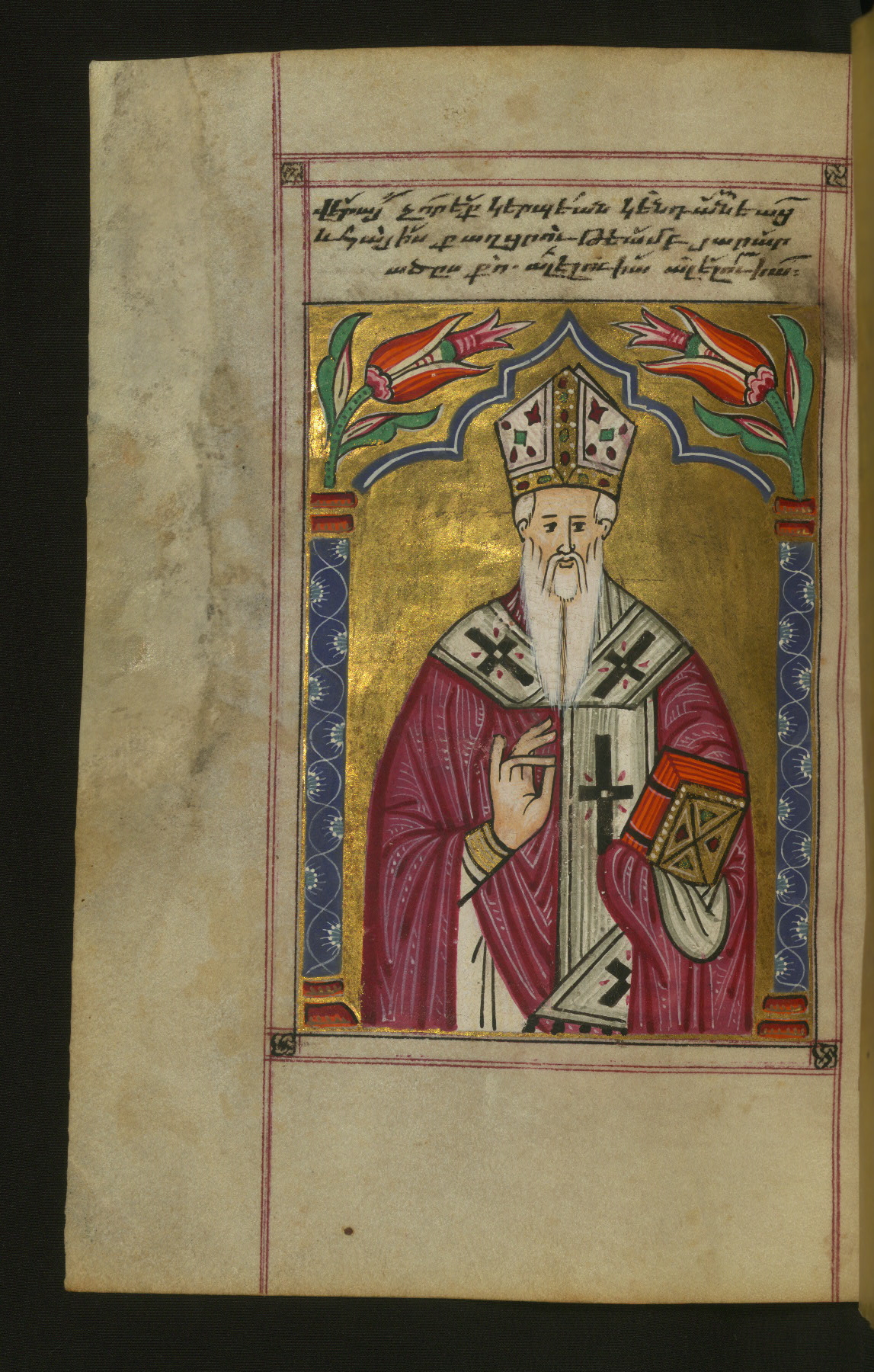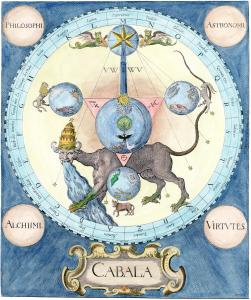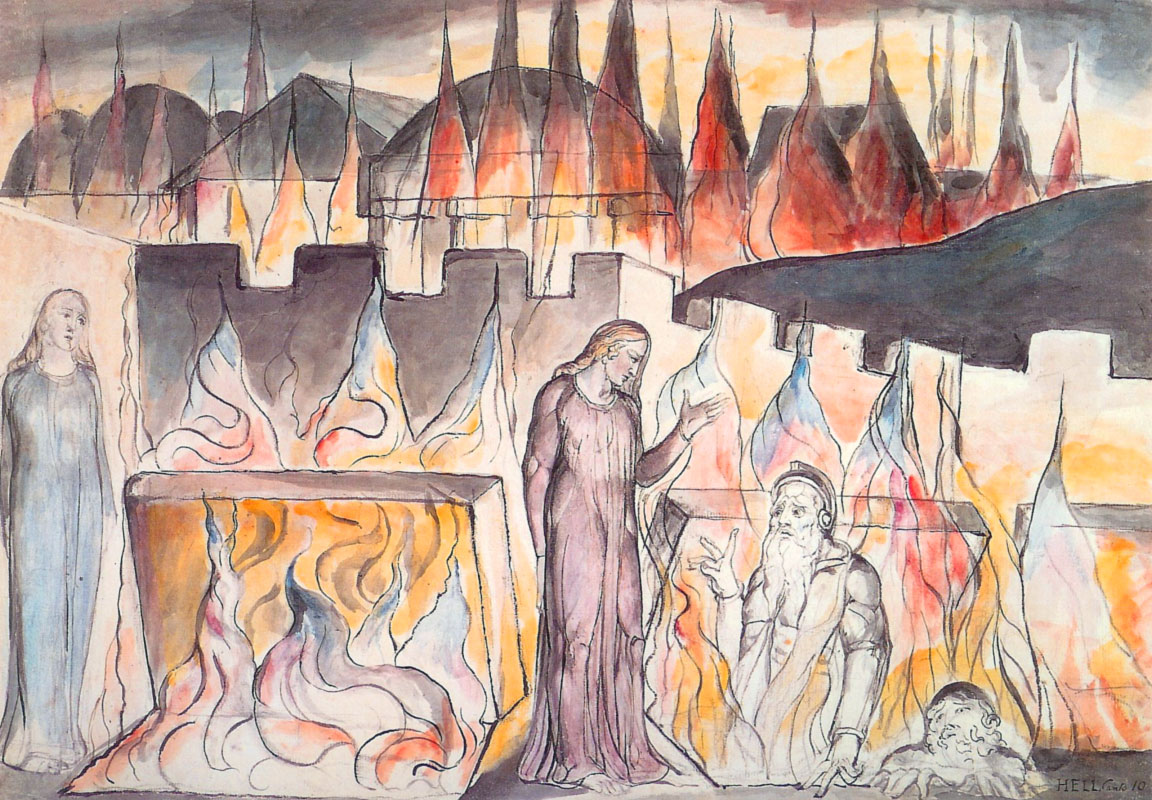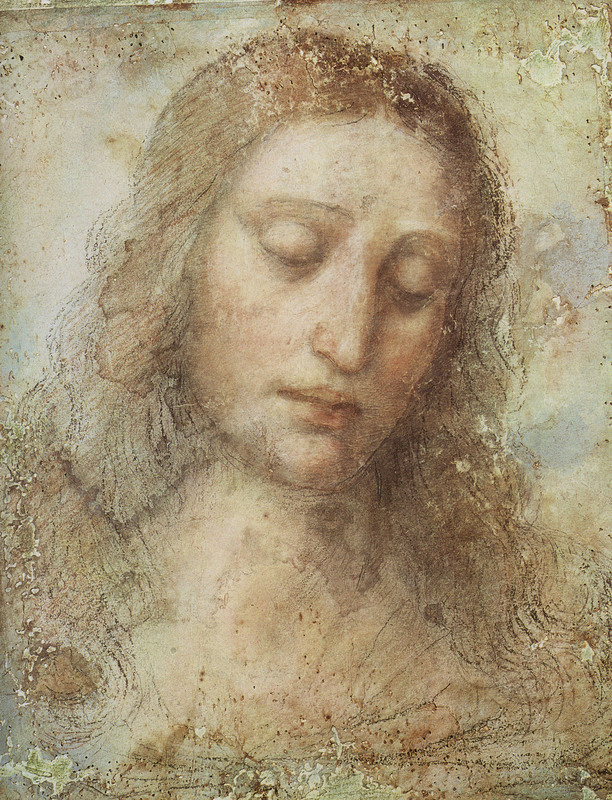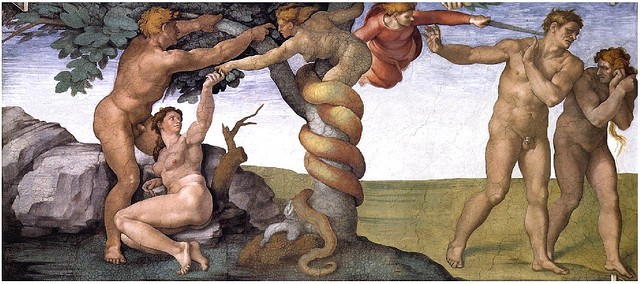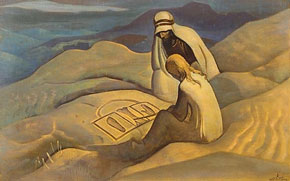THE old Augustinian model of predestination has long had its day. As an explanation of the different circumstances human beings find themselves in at birth, it is totally haphazard and at odds with a God of Justice and Love.
"Be ye therefore perfect, even as your Father which is in heaven is perfect." Matthew 5:48
Perfection isn't won in a day or even three score and ten years.
Here are some notes from William Judge on the matter:
"In the first place, it must be remembered that the writers of the biblical books were Jews with few exceptions, and that the founder of Christianity - Jesus - was himself a Jew...
"........The Jews then most undoubtedly believed in reincarnation. It was a commonly accepted doctrine as it is now in Hindustan, and Jesus must have been acquainted with it. This we must believe on two grounds: first, that he is claimed by the Christian to be the Son of God and full of all knowledge; and second, that he had received an education which permitted him to dispute with the doctors of divinity. The theory of reincarnation was very old at the time, and the Old Testament books show this to be so.
"Elias and many other famous men were to actually return, and all the people were from time to time expecting them. Adam was held to have reincarnated to carry on the work he began so badly, and Seth, Moses, and others were reincarnated as different great persons of subsequent epochs. ....
If readers will consult any well educated Jew who is not "reformed," they will gain much information on this national doctrine.
".........When there was brought into the presence of Jesus a man who was born blind, the disciples naturally wondered why he had thus been punished by the Almighty, and asked Jesus whether the man was thus born blind for some sin he had committed, or one done by his parents. The question was put by them with the doctrine of reincarnation fully accepted, for it is obvious the man must have lived before, in their estimation, in order to have done sin for which he was then punished. Now if the doctrine was wrong and pernicious, as the church has declared it to be by anathematizing it, Jesus must have known it to be wrong, and then was the time for him to deny the whole theory and explode it, as well as definitely putting his seal of condemnation upon it for all time. Yet he did not do so; he waived it then and said the blindness was for other reasons in that case. It was not a denial of it.
"But again when John the Baptist, who had, so to say, ordained Jesus to his ministry, was killed by the ruler of the country, the news was brought to Jesus, and he then distinctly affirmed the doctrine of reincarnation. Hence his waiving the matter in the case of the blind man is shown to have been no refusal to credit the theory. Jesus affirmed the doctrine, and also affirmed the old ideas in relation to the return to earth of the prophets by saying that the ruler had killed John not knowing that he, John, was Elias "who was for to come."
"On another occasion the same subject arose between Jesus and the disciples when they were talking about the coming of a messenger before Jesus himself. The disciples did not understand, and said that Elias was to come first as the messenger, and Jesus distinctly replied that Elias had come already in the person called John the Baptist. This time, if any, was the time for Jesus to condemn the doctrine, but, on the contrary, he boldly asserts it and teaches it, or rather shows its application to certain individuals, as was most interesting and instructive for the disciples who had not enough insight to be able to tell who any man was in his real immortal nature. But Jesus, being a seer, could look into the past and tell them just what historical character any one had been. And so he gave them details about John, and we must suppose more particulars were gone into than have come down to us in the writings naturally incomplete and confessed to be but a partial narrative of the doings and sayings of Jesus.
"........John the Revealer believed it of course, and so in his book we find the verse saying that the voice of the Almighty declared that the man who overcame should "go out no more" from heaven. This is mere rhetoric if reincarnation be denied; "
"St. Paul also gives the theory of reincarnation in his epistles where he refers to the cases of Jacob and Esau, saying that the Lord loved the one and hated the other before they were born. It is obvious that the Lord cannot love or hate a non-existing thing, and that this means that Jacob and Esau had been in their former lives respectively good and bad and therefore the Lord- or Karma loved the one and hated the other before their birth as the men known as Jacob and Esau. And Paul was here speaking of the same event that the older prophet Malachi spoke of in strict adherence to the prevalent idea. Following Paul and the disciples came the early fathers of the church, and many of them taught the same. Origen was the greatest of them. He gave the doctrine specifically, and it was because of the influence of his ideas that the Council of Constantinople 500 years [553] after Jesus, saw fit to condemn the whole thing as pernicious."



